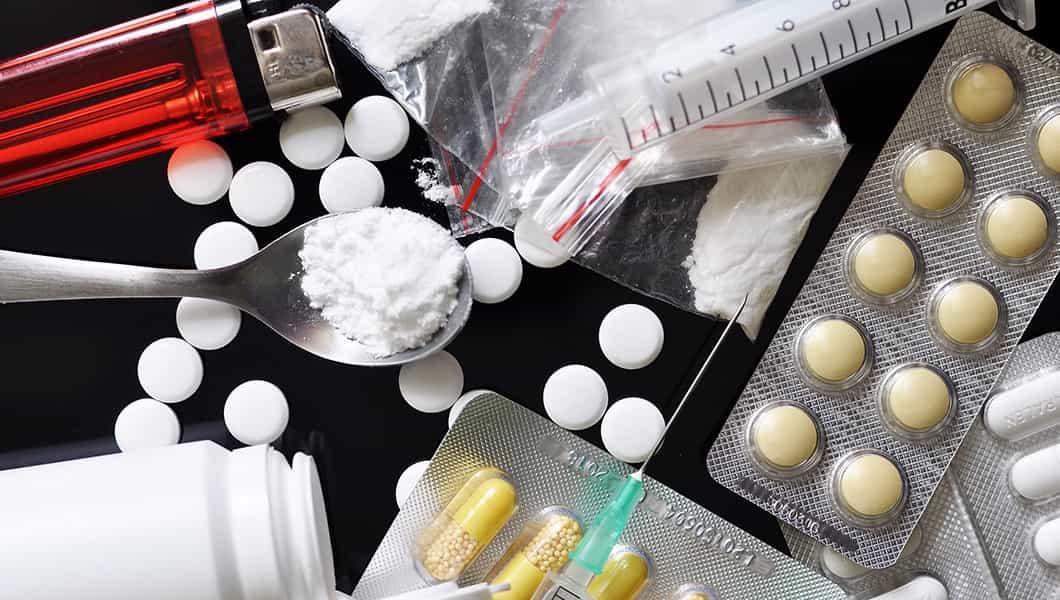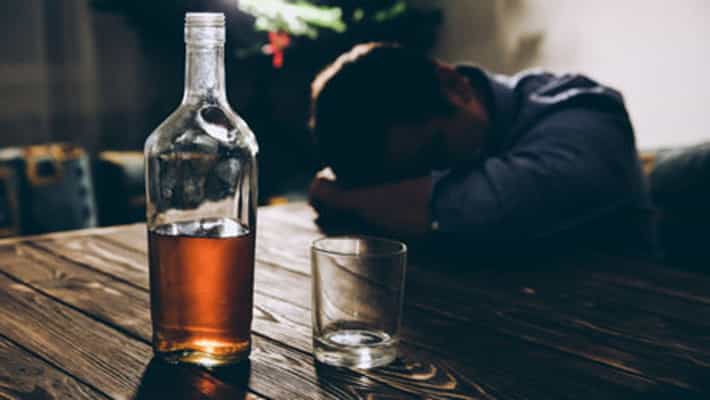
People since all walks of life can experience problems with their drug use, regardless of age, race, or background. While some can use recreational or prescription drugs without experiencing negative effects on their body, others find that substance use takes a serious toll on their health and well-being. Abusing drugs or other substance can leave you feeling helpless, isolated, or ashamed. If you’re worried about your own or a loved one’s drug use, learning how drug abuse and addiction develops—and why it can have such a powerful hold—will give you a better understanding of how to best deal with the problem and regain control of your life.
When does drug use become drug abuse or addiction?
People start using drugs for many different reasons. Some experiment with recreational drugs out of curiosity, to have a good time, because friends are doing it, or to ease problems such as stress, anxiety, depression, etc. However, it’s not just illegal drugs, such as cocaine, heroin, LCD, etc. that can lead to abuse and addiction. Prescription medications such as painkillers, sleeping pills, and tranquilizers can cause similar problems in the human body. In fact, next to weed/marijuana, prescription painkillers are the most abused drugs in the U.S. and more people die from overdosing powerful opioid painkillers each day than from traffic accidents and gun deaths combined. And addiction to opioid painkillers can be so powerful it has become the major risk factor for heroin abuse in today’s world.
Of course, drug use—either illegal or prescription—doesn’t automatically lead to abuse in any case, and there is no specific point at which drug use moves from casual to problematic in person’s life. Drug abuse and addiction are less about the type or amount of the substance/drug consumed or the frequency of your drug use, and more about the significances of that drug use. If your drug use is causing problems in your life—at work, school, home, or in your relationships—you likely have a drug abuse or addiction problem in you.
Recognizing that you have a problem is the first step on your road to recovery, one that takes tremendous courage and strength. Facing your problem without minimizing the issue or making excuses that one can feel frightening and overwhelming, but recovery is within reach. If you’re ready to search for help, you can overcome your dependence and build a satisfying, drug-free life for yourself.
When does drug use become drug abuse or addiction?
People start using drugs for many different reasons. Some experiment with recreational drugs out of curiosity, to have a good time, because friends are doing it, or to ease problems such as stress, anxiety, depression, etc. However, it’s not just illegal drugs, such as cocaine, heroin, LCD, etc. that can lead to abuse and addiction. Prescription medications such as painkillers, sleeping pills, and tranquilizers can cause similar problems in the human body. In fact, next to weed/marijuana, prescription painkillers are the most abused drugs in the U.S. and more people die from overdosing powerful opioid painkillers each day than from traffic accidents and gun deaths combined. And addiction to opioid painkillers can be so powerful it has become the major risk factor for heroin abuse in today’s world.
Of course, drug use—either illegal or prescription—doesn’t automatically lead to abuse in any case, and there is no specific point at which drug use moves from casual to problematic in person’s life. Drug abuse and addiction are less about the type or amount of the substance/drug consumed or the frequency of your drug use, and more about the significances of that drug use. If your drug use is causing problems in your life—at work, school, home, or in your relationships—you likely have a drug abuse or addiction problem in you.

Recognizing that you have a problem is the first step on your road to recovery, one that takes tremendous courage and strength. Facing your problem without minimizing the issue or making excuses that one can feel frightening and overwhelming, but recovery is within reach. If you’re ready to search for help, you can overcome your dependence and build a satisfying, drug-free life for yourself.

Alcohol rehab is the only way that an individual who’s struggling with addiction can get help. There are so many rehab centers all over the country that offer individualized programs to treat alcoholism, regardless of how long the disease has been present in the body. Alcohol treatment programs take many factors into consideration, like the person’s age and gender, and the extent and length of the addiction. Many alcohol rehab centers also offer various types of aftercare options and recommendations to help clients maintain their sobriety, such as group therapy.
Inpatient rehab is one of the most common ways to treat an AUD. It involves checking into a rehab facility and staying there for the duration of your treatment. You will have access to medical professionals and other specialists 24 hours a day, allowing you to rest easy knowing help is always available. Additionally, inpatient rehab programs have a set of schedule which consists of breakfast in the morning, followed by many therapies, counseling sessions and activities for the remainder of the day.
Treatment options
There are so many types of alcohol treatment programs available. That includes:
- Medical Detox– This is usually the first step for most alcohol treatment programs. During this stage, the body must rid itself of alcohol and other toxins and drugs through a medically-supervised program that addresses the dangers and symptoms of withdrawal associated with detox.
- Inpatient Treatment– Also referred to as residential treatment, inpatient treatment requires living at an alcohol rehab center while you participate in a recovery program.
- Partial Hospitalization Program– Only for people who have completed residential care, and are ready to transition to the next stage of assistance in it.
- Intensive Outpatient Treatment– Also known as IOP, this level of care is for patients who wants to have the flexibility of outpatient care but must continue to undergo all-day treatment during the week.
Outpatient Intensive Treatment – Also referred to as OP, outpatient programs offer a more independent option for alcohol treatment. Instead of living at an alcohol treatment places, clients live at home. They may still continue to work, as alcohol treatment sessions can be scheduled around everyone’s scheduling needs.
Alcoholism Detox
As part of patient’s initial treatment program, patient needs to go through a medical detox program. Team will assist patient in becoming free from alcohol and other toxins, so he/she can begin recovery in the best way possible.
Alcoholism Treatment Medications
Some of the medications used in alcohol treatment programs can include meds that can help reduce alcohol cravings, also reduces withdrawal symptoms, and create negative effects when alcohol is consumed. These medications include:
- Acamprosate– Reduces alcohol cravings and withdrawal symptoms
- Naltrexone– Reduces cravings for alcohol
- Disulfiram – Produces undesirable effects such as headaches, nausea or vomiting when alcohol is consumed

